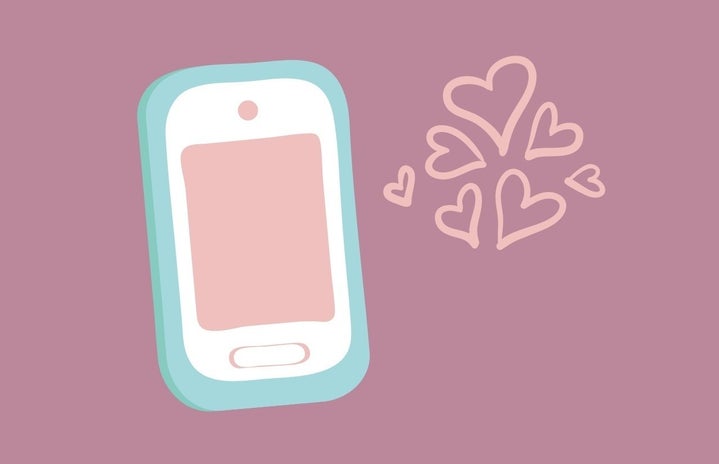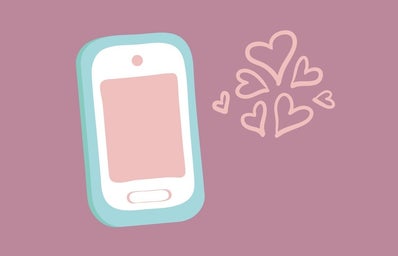The Covid-19 pandemic has obviously changed a lot of things in our day to day lives. For me, a big change was my relationship with my phone. Rather than just a tool that I used sporadically throughout the day, my phone grew to encompass my whole day. It felt like my only link to the outside world. Being on my phone constantly had a negative effect on my life; I was spending most of my day reading upsetting news while being sedentary. When I began feeling like I could not get through the day without my phone, I realized I needed to take a step back and reevaluate my phone’s place in my life— especially since my mental health had been suffering.

Since I couldn’t substitute physical interactions in for the digital ones I’d been having, I knew that it was important to take a step back, but not to go so far as to buy a flip phone. I tried many strategies to reduce but not eliminate my time spent on my phone. Here’s what actually worked for me. In my experience, it’s best to use multiple approaches at once, but you don’t necessarily need to do everything on this list at the same time.
The first thing I did was turn off all nonessential notifications. Every time I got a notification that wasn’t urgent I went to settings and turned it off. Now I mainly have text notifications and alerts from my calendar. This helped me pick up my phone less because I had a habit of picking up my phone every time I got a notification. You could also try waiting for a set amount of time after receiving a notification to check your phone to help decrease your sensitivity to notifications.

When I really need to take a break from my phone, I hide my phone. It might sound weird but this has been the best technique for me, especially when I feel like I have little self-control. I usually put it in a new location every time. Generally, it’s somewhere high up and inside or under something else. Sometimes I turn it off; other times I leave it on and get notifications on my smartwatch. Either way, this helps me decide when it’s worth it to get my phone out because it takes more effort. I’ve been able to notice when I reach for my phone; for me, I use my phone as a security blanket, and I was reaching for it when I felt negative emotions rather than dealing with them.
Being able to still use my phone was important to me. So I decided to try and only open my phone if I was doing so with intention. I would decide how long I would use my phone for and what I would do with that time before entering my pin. Another strategy worth trying is scheduling time to check your phone. For me, this has been most effective for specific apps that otherwise take up my whole day. An example of this would be checking Instagram for 5 minutes after dinner. This helped me feel like I wasn’t being restricted and gave me something to look forward to. To help you stick with your intention I would recommend closing apps when you finish so that you aren’t distracted when you open your phone the next time.

Last is what I consider the most nuclear option, which is to set your screen to black and white. Having a colorless screen seriously takes the fun away from using your phone. I hate doing this but I end up doing it occasionally because it’s effective. Making your phone less exciting to look at can help you realize that you don’t need it as much as you think you do.
Less screen time helped me put my life back into balance. I feel calmer and less easily rattled by everything. I spend my time how I actually want to instead of feeling like I wasted hours doing nothing. I would absolutely recommend looking critically at the way you use your phone.



